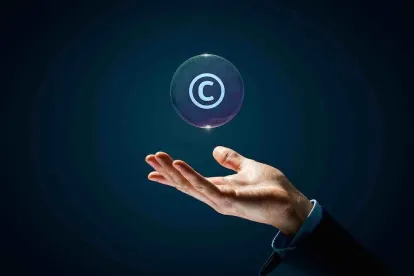In a rare turn of events the Patent Trial and Appeal Board recently granted a rehearing request in Maxlite, Inc. v. Jiaxing Super Lighting Elec. Appl. Co., Ltd., No. IPR2020-00208, Paper 14 (P.T.A.B. June 1, 2021), stating that “we abused our discretion in denying institution” based on an improper allocation of the parties’ burdens when a petitioner challenges an alleged priority date. The decision provides insight for both patent owners and petitioners in the high-stakes game of inter partes review (IPR) when a patent’s claimed priority date is in dispute. The decision also highlights issues of common inventorship when claiming priority to foreign applications.
In IPRs, the petitioner bears the initial burden of demonstrating a reasonable likelihood that at least one of the challenged claims is unpatentable. A petitioner may meet this burden by showing that a patent is anticipated or obvious in light of prior art that predates the patent’s filing date. A patent owner may overcome this challenge by showing that the patent has a priority date, based on an ancestral application, predating the prior art. In doing so, the patent owner must identify written description in the priority document for all of the challenged claim limitations. That places the production burden squarely on the patent owner and only upon clearing this hurdle does the burden shift back to the petitioner to rebut the patent owner’s argument or show that the prior art benefits from an earlier date.
In MaxLite, the patent owner did not show that each limitation in all challenged claims could rely on the ancestor application and claimed priority date. The Board initially denied institution based on the patent owner’s showing that a Chinese application provided written description for one allegedly missing limitation. The Board’s admitted error was in not requiring the patent owner to produce sufficient evidence to show that the ancestor application contained written description to support all the limitations of the challenged claims. On rehearing, the Board ultimately determined that once the issue of priority date is raised by a petitioner, the production burden shifts back to the patent owner and, in this case, the patent owner failed to meet that burden. On this ground, the Board reversed itself.
Patent owner also failed to show that the Chinese application was an ancestor to the challenged patent due to the lack of common inventorship. Patent Owner argued that the lack of overlapping inventors, between the U.S. and Chinese patents, was not dispositive due to the different naming requirements for inventors in each country, but failed to show that the Chinese application was filed on behalf of the U.S. inventors. The common assignee of both patents was insufficient. The Board initially failed to address the issue of inventorship entirely, but on rehearing, stated that the patent owner borne the burden to show common inventorship. The Board held that there must be some nexus between the U.S. inventor and the foreign applicant at the time the foreign application was filed to prove common inventorship. Patent owner failed to show that the Chinese application was filed on behalf of the U.S. inventors and thus could not claim that the foreign application was ancestral to the challenged patent.
Although rare, this case shows that a request for rehearing on a Board’s decision on institution will be granted upon showing that the Board “misapprehended or overlooked” a matter in its decision and where the issue was raised previously. In this case, Petitioner successfully appealed the Board’s decision by showing that the Board (1) failed to allocate the burden of production when a patent’s priority date was challenged and (2) failed to address an inventorship issue where an allegedly ancestral application was filed by different inventors. Parties should be mindful to raise similar issues, to avoid waiving them, and those dissatisfied with a decision should carefully review the Boards’ ruling and promptly request a rehearing when appropriate.





 />i
/>i

